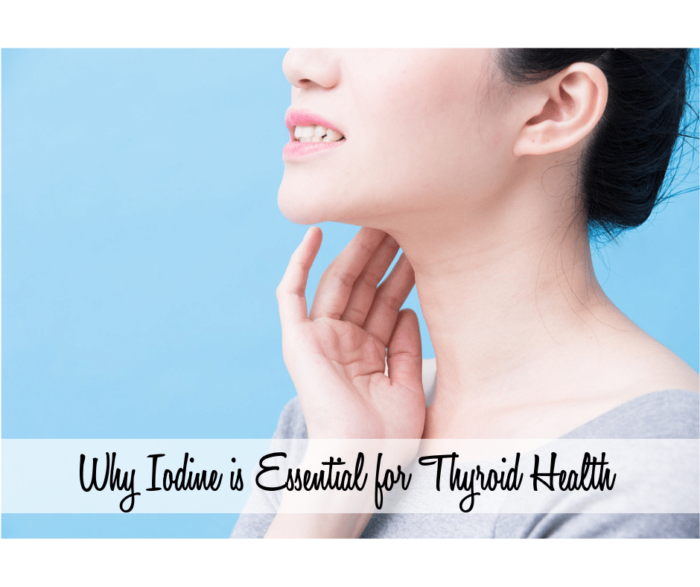

Iodine needs to be processed by the thyroid gland, and when the thyroid is inflamed, the processing of iodine will likely produce more inflammation.
#Dr brownstein iodine recommendations free
This is because iodine, given to a subset of people with Hashimoto’s, can make the thyroid produce more hormone initially, but unfortunately, in doing so without having enough selenium and antioxidants on board, the increased hormone production creates lots of free radicals, which can flare up the attack on the thyroid gland. Initially, a person given iodine may experience more energy, but they then crash and feel worse. I would not advise that for others.Īny supplement can have an adverse reaction in an individual, and I wish this was a one time report, but I have received countless messages like the one above, and have seen many similar reports in clients who came to me after trying high dose iodine on their own, or with other practitioners.

It was with someone who did the simple iodine test on the hand and determined the dosage by muscle testing. I would only do it with a doctor who understands the delicate balance with selenium. I was given Iodine for a short spurt and my TSH went up to 98 and my antibodies up to 9800 after about 3 months. However, even in the case of deficiency, taking too much at once can be toxic. In my own practice, I have seen iodine harm people with Hashimoto’s, so I feel the need to caution people about supplementing with high doses of this nutrient, unless they have a known deficiency. However, what they do not understand is that iodine is what pharmacists call a “Goldilocks” nutrient, meaning that, while low levels are necessary for thyroid health, higher levels can have a negative effect. Thyroid cells are the only cells in the body which can absorb iodine, and it is the role of the thyroid gland to combine iodine and the amino acid tyrosine, and convert them into thyroid hormones: thyroxine (T4) and triiodothyronine (T3).īecause it is a necessary nutrient for thyroid health, some people have assumed that supplementing with high doses of iodine can help the body make more thyroid hormone, thereby improving hypothyroidism and Hashimoto’s and it is often recommended by many conventional health books and doctors. Iodine is typically consumed through seafood (fish and vegetables), iodized salt, or through supplementation.

Iodine is an essential mineral that is found in the earth’s soil and water, and is used by the body to produce thyroid hormones.

What to do if you suspect you have excess iodine.Thus, not surprisingly, while physiological doses of iodine can benefit thyroid function, research has shown that excessive doses of iodine can trigger (and worsen) Hashimoto’s in people who are genetically predisposed to Hashimoto’s and may have certain “vulnerabilities”, such as a selenium deficiency.įurthermore, temporary iodine restriction may actually improve and even normalize thyroid function, in some individuals.īecause I see the question over iodine come up so often, I’d like to address the topic in this article, where I’ll cover: While some thyroid advocates will propose that taking high doses of iodine is helpful for everyone with Hashimoto’s, unfortunately, I have not found that to be the case for most.Īs a pharmacist, I am often reminded that “the only difference between a medicine and a poison is the dose.” This is a wise old quote from Paracelsus, who is credited as the father of modern toxicology.
#Dr brownstein iodine recommendations full
While I’ve discussed the dangers of high doses of iodine for Hashimoto’s in my books, I wanted to address the topic in an article and make sure that the conversation doesn’t turn into a debate about a single nutrient, as Hashimoto’s is a multi-factor and full body condition. Iodine is a controversial topic with regard to thyroid health.


 0 kommentar(er)
0 kommentar(er)
